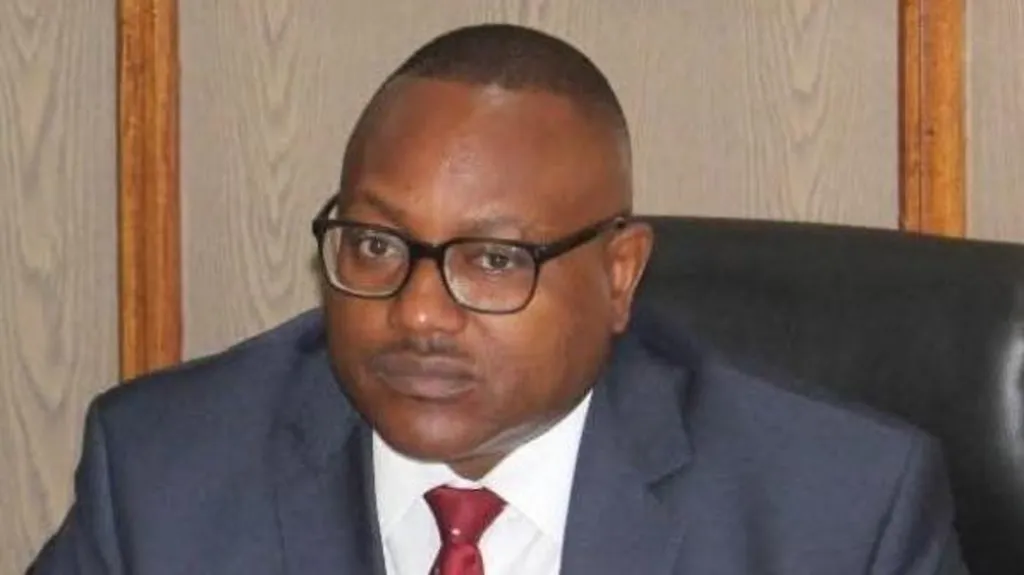The government of Zambia has issued a stern warning to foreign diplomats, urging them to respect diplomatic protocols and refrain from addressing state matters through the media. The warning comes in the wake of public remarks by United States Ambassador to Zambia, Michael Gonzales, who recently accused the country of the “systematic theft” of life-saving medications donated by the US.
Zambian Foreign Minister Mulambo Haimbe criticized the growing trend of envoys bypassing diplomatic channels, saying it undermines the spirit of mutual respect and cooperation between nations. While Haimbe did not directly name the US ambassador, his comments were widely interpreted as a response to Gonzales, who held a press conference last week announcing a $50 million cut in US health aid to Zambia.
Ambassador Gonzales stated that the decision to go public followed over 30 unproductive meetings with senior Zambian officials. He revealed that an inspection by US officials of more than 2,000 pharmacies across the country uncovered widespread sale of drugs and medical supplies that were originally donated by the United States to support health programs targeting malaria, HIV, and tuberculosis.
In response, Minister Haimbe stressed that engaging the government through the media was a violation of diplomatic conventions and amounted to interference in Zambia’s internal affairs. He emphasized that the Zambian government remains open to resolving concerns through established diplomatic procedures.
The US embassy reported that evidence of the alleged theft and corruption had been shared with Zambian officials as early as April of the previous year. It also confirmed that offers of support to curb the theft and hold perpetrators accountable were made but went unanswered.
Zambia’s Home Affairs Minister Jacob Mwiimbu revealed that a nationwide forensic audit has been completed, and the findings have been handed over to security agencies. He confirmed that more than 400 health facilities were raided and approximately 75 individuals arrested in connection with the illegal sale of donated medications. Mwiimbu assured the public that there would be no exceptions in the crackdown, saying, “There will be no sacred cows in this pursuit.”
Zambian Health Minister Elijah Muchima acknowledged the severity of the theft but noted that the issue predates the current administration, which assumed office in 2021. He added that several officials implicated in the scandal have been dismissed and that a sophisticated digital stock tracking system has been implemented to monitor and protect medical supply chains moving forward.
Despite the planned US aid cut, expected to take effect in 2025, Muchima reassured citizens that Zambia currently has sufficient stocks of essential medicines, and there is “no immediate risk of shortages.” However, the reduction in US funding could have long-term impacts on public health services, particularly in the treatment of HIV, malaria, and tuberculosis. The US currently contributes around one-third of Zambia’s public health budget, according to embassy data.
Ambassador Gonzales clarified that the aid reduction is separate from a broader US foreign aid freeze initiated under former President Donald Trump, which has already affected several health initiatives across Africa, including the delivery of critical HIV treatments.
In a recent statement, Zambian President Hakainde Hichilema expressed frustration with the suspension of aid, saying that Trump had “slapped us on both cheeks.” He stressed the urgent need for Zambia to strengthen its national treasury to fund and secure its medicine supplies without relying heavily on foreign donors.
As Zambia faces both international scrutiny and domestic pressure to reform its healthcare oversight and tackle corruption, the situation highlights the delicate balance between sovereignty, accountability, and the crucial role of foreign aid in Africa’s health systems.













Leave a comment